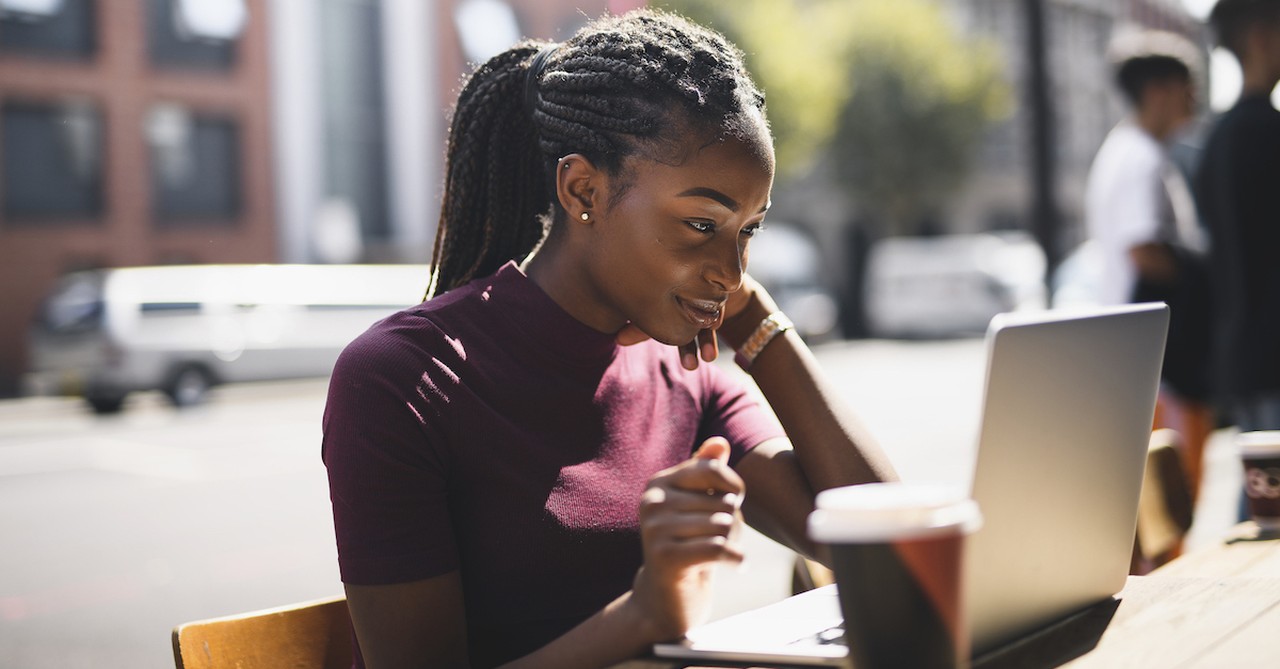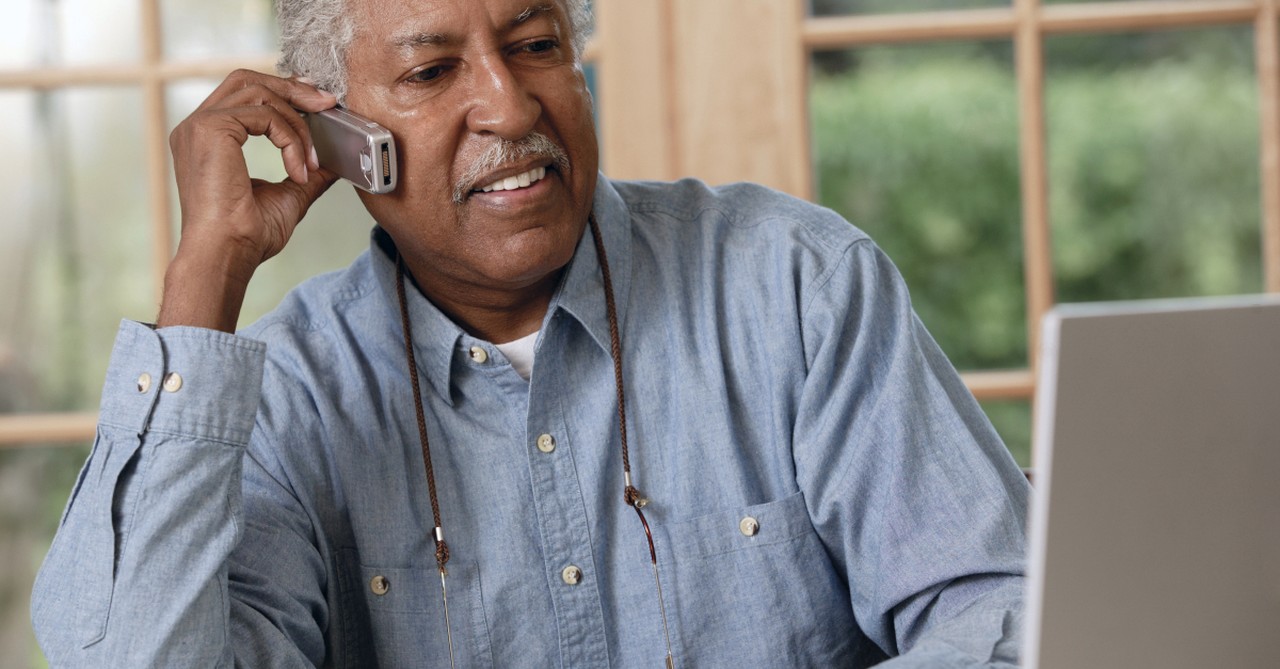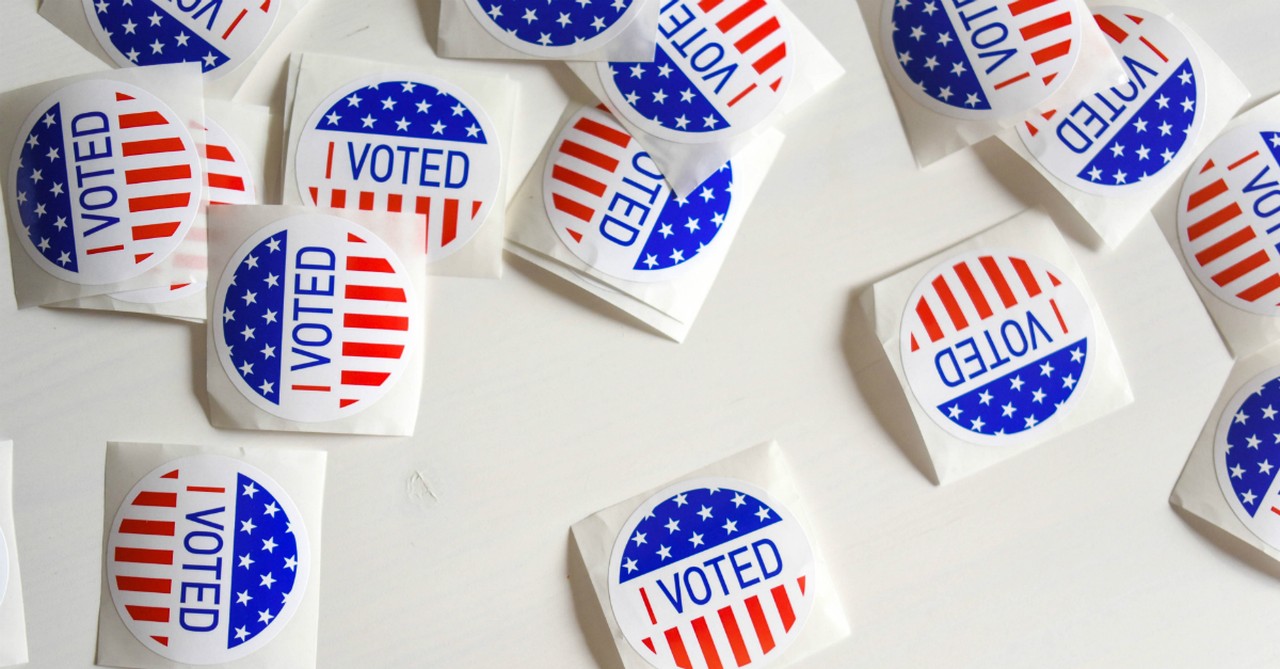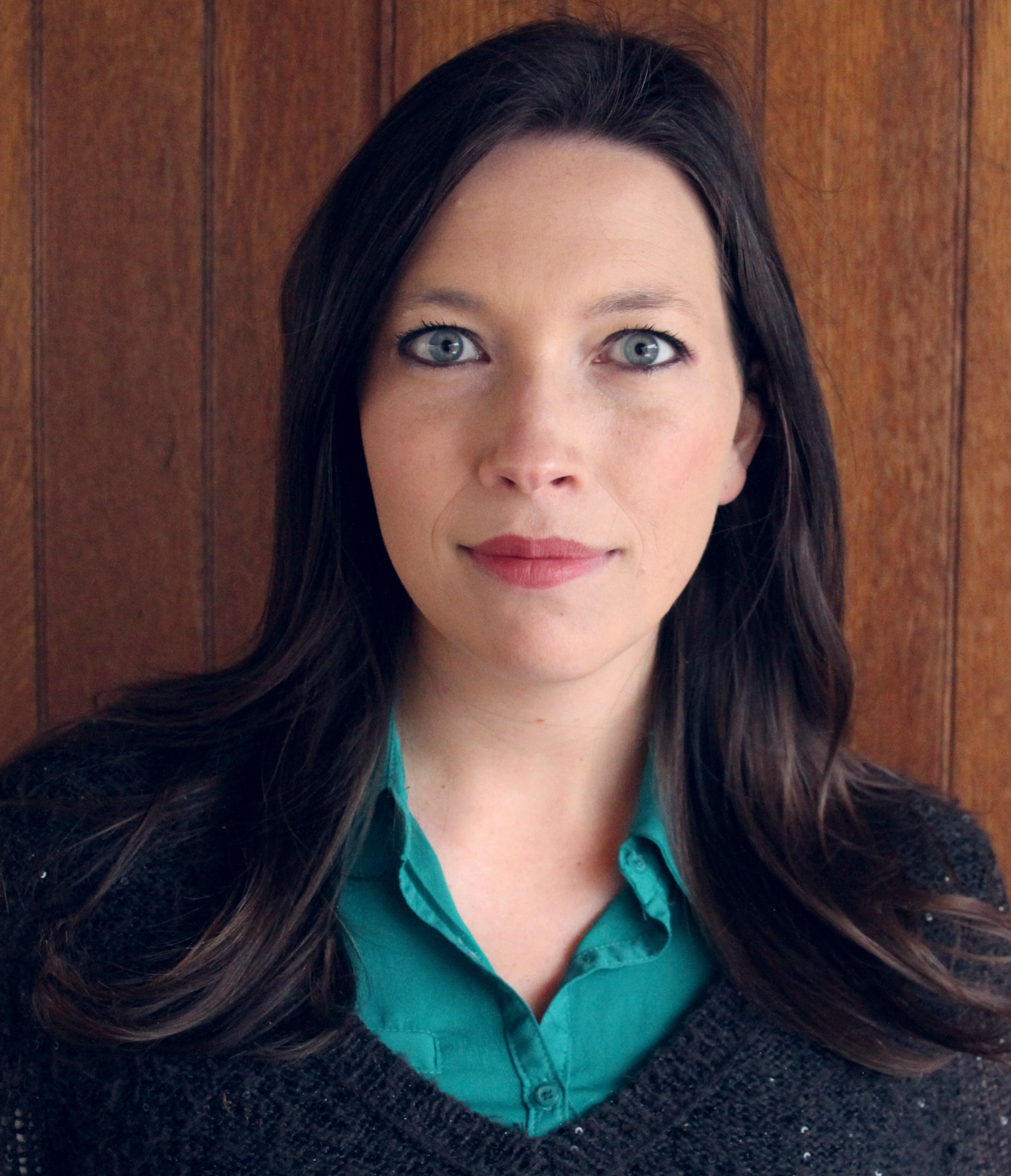5 Practical Actions to Pursue Justice (Not Hatred) Right Now

“They will know we are Christians by our love.”
This scripture-based song lyric rolls off the tongue of anyone who clocked some serious time in Sunday School.
However, a quick scroll through social media may leave us wondering if someone changed the lyrics to this classic Christian song.
“They will know we are Christians by our well-defended stances.”
In the wake of George Floyd’s death, Christians all over the country are having hard conversations with their friends and family. We are working through how to love each other and honor God while we confront issues of race in our communities. These conversations get messy.
We are confronting realities of racial and cultural division that many of us don’t have a lot of practice addressing. We’re having these challenging, emotionally-charged conversations in public, where audiences are encouraged to throw in “likes” and “angry face emojis” as they judge the quality of our rhetoric.
With all this pressure, it’s no wonder our discourse often dissolves into angry shouting matches that feel less like a loving willingness to learn from one another and more like self-righteous posturing.
When things get heated, we’re all prone to tune out. We experience information fatigue and suffer from debate PTSD until we quit engaging in the conversation altogether.
So, how do we make sure the lessons we’re learning about racial reconciliation lead to long-term change in our lives? What are some loving actions we can take when we worry the public conversation has turned hateful?
Here are five practical ways for Christians to pursue justice (not hatred) now:
Photo Credit: ©GettyImages/wildpixel
1. Continue to Educate Yourself

1. Continue to Educate Yourself
SLIDE 1 OF 5
Sure, right now, we’re all reading articles and watching documentaries. But when the protests leave the news cycle and the debates fall off our social media feeds, will we continue to learn about injustice?
The more you learn about injustice now, the quicker you’ll spot it in your community. You’ll learn how to personally engage in the conversation and become an advocate for change in your church, neighborhood, school, or local government.
You can’t actively pursue justice if you haven’t learned how to recognize injustice when it happens.
Take the time to educate yourself about the history of racial injustice in America. Be The Bridge is a free Facebook group that you can join to learn more about racial healing from a Christian perspective.
If you join, be prepared to put in some work. The group asks that you spend three months in silent learning before you are allowed to participate in the conversation.
If you’d rather take a self-guided approach to educating yourself, start making a personal list of all the documentaries, books, articles, and films that are being recommended to you. There are probably people you trust who are actively advocating for change and have put out some lists of learning resources for you to consider.
Challenge yourself to tackle one of them every month. Pay special attention to listening to minority voices who focus on reform. It’s easy to find ourselves in an echo-chamber, only exposing ourselves to ideas we already agree with. Try seeking out perspectives that challenge your worldview.
As you continue to learn about injustice, you’ll naturally want to invite your friends and family to learn alongside you. Consider sharing what you’ve learned by forming a local group that can meet face to face.
Work with the leadership in your church to find a curriculum you can help teach or a local organization your church can partner with. Pursuing justice is challenging work; it helps to build an informed community around you.
Photo Credit: ©GettyImages/fizkes
2. Support the Innocence Network

2. Support the Innocence Network
SLIDE 2 OF 5
The Innocence Network is a group of 60+ unique organizations that all work to free people who have been wrongfully imprisoned. Choose an organization that is local to your state, or pick one that aligns with your values. Follow the work they’re doing to seek justice and prevent wrongful convictions.
Innocence projects use DNA testing unavailable before the 1990s to fight for innocent people who may have already spent decades in jail for crimes they didn’t commit. False convictions can happen for many reasons. A suspect could be misidentified in a lineup or photo. A false confession can be coerced under stressful circumstances.
Many dedicated people work hard to improve our justice system, but it will never be perfect. Organizations involved in the Innocence Network provide a critical service, reviewing cases that haven’t held up to new standards in evidence and policing. These organizations not only work to exonerate innocent people, but they also support the falsely imprisoned as they make their transition out of the prison system.
There are many ways to help people who were wrongfully convicted prove their innocence and regain their freedom. Your support could mean signing petitions, making scripted phone calls, offering financial contributions, or writing letters and emails. Organizations in the innocence network make it easy for the public to engage in the fight for justice.
If you have specialized skills, you may be able to offer your services as a social worker, therapist, physician, dentist, or optometrist. When you choose to support an organization within The Innocence Network, you can see how your time and money lead to life-changing results as injustice is overturned one case at a time.
Photo Credit: ©GettyImages/Rawpixel
3. Contribute to Bail Funds

3. Contribute to Bail Funds
SLIDE 3 OF 5
Presumption of innocence, the concept that everyone is “innocent until proven guilty,” is a pillar of the American Justice System. Unfortunately, if you can’t afford bail, you will be treated like you are guilty, spending your time in jail until you can prove your innocence in court. By requiring cash bail, we deny justice to the poor who can’t afford to get out of jail before their trial dates.
A person who is presumed innocent but can’t make bail is punished for a crime they may not have committed. A person who can’t afford bail runs the risks of losing their job for missed days at work, losing their housing for missed rent or mortgage payments, or even losing custody of their children if there is no one available to care for them while they sit in jail awaiting trial.
An innocent person may feel coerced to take a plea deal, requiring that they plead guilty, simply because they can’t afford bail and don’t want to wait in jail for a trial date.
If you want to help even the playing field, you can make a financial contribution to a bail fund. You can contribute to a national bail fund or choose a bail fund based on the communities it serves. Here’s a list of bail funds accepting donations.
Since bail is returned at the end of a trial, the money can be reused to help multiple people. Your one-time donation to a bail fund may continue to help people for years to come. As long as poor people face a different reality than rich people when they are accused of a crime, we have work to do to ensure liberty and justice for all.
Photo Credit: ©GettyImages/bernardbodo
4. Support a College Ministry

4. Support a College Ministry
SLIDE 4 OF 5
Christians all over the world are already working hard in areas of racial reconciliation. If you want to see changes in your local community, support a ministry worker who is dedicated to full-time work. Ministry support can create the kind of long-term impact that comes with proper training and community engagement.
One organization that consistently produces thoughtful, engaged ministry workers who care about racial healing is InterVarsity. According to the InterVarsity website, “For over 75 years, InterVarsity has had a vital presence on hundreds of college campuses, courageously proclaiming Jesus as our Lord and Savior, engaging in discipleship around Scripture, and loving people of every ethnicity and culture.”
Check if your local university has an InterVarsity chapter on campus. If they do, reach out and see if you can talk to an InterVarsity staff member about their local mission. They can tell you what their most significant challenges have been, and let you know the best ways to support them through prayer or an ongoing financial contribution.
The goals of InterVarsity are multi-faceted, but one of the stated expressions of their values is, “We pursue ethnic reconciliation by practicing mutual empowerment, grace and truth, and by promoting personal and systemic justice.”
As you support an InterVarsity ministry, you can learn more about the racial issues that propagate continued injustice in our society. Your support will pay dividends as you watch a generation of future politicians, judges, teachers, police officers, physicians, CEOs, and citizens learn how to engage with each other across racial divides as they fall in love with Jesus through manuscript bible study.
InterVarsity has set a goal to establish a chapter on every US campus with over 1,000 enrolled students. They hope to accomplish this goal by the year 2030. You can search for a project to support on their donation page.
Photo Credit: ©GettyImages/Comstock
5. Become an Informed Voter

5. Become an Informed Voter
SLIDE 5 OF 5
Justice is not only a national issue. Policies that impact justice are often implemented on a local level. Unfortunately, local elections that don’t coordinate with a presidential race or midterms elections have notoriously poor voter turnout.
Showing up to vote in all elections, and committing to research before you vote are simple ways you can pursue justice. If you know that you will be voting in every local election, you will begin to pay more attention to what is happening in your community.
If you care about justice, you should care who your mayor is, what policies your city council is considering, who your sheriff is, what the school board is up to, and how a judge’s history of rulings has impacted justice in your community. Because so few people are actively voting in local elections, your care and concern can have considerable impact.
Remember that no political party has a monopoly on justice. Consider each candidate as an individual and find out what stances they’ve taken as well as how their previous actions have impacted social justice. If you find yourself checking boxes in every category of your ballot based on a single letter, the odds are pretty good that you haven’t put in as much work as you could in researching the election issues carefully.
In addition to the bi-partisan voting guide that arrives in your mailbox, seek out voting guides available online. Independent organizations create voting guides that focus on human rights as well as issues of poverty, race, the legal system, immigration, and equality. If you seek out multiple voting guides, you can form a well-rounded view of candidates that considers them from multiple perspectives.
Hard conversations are essential, and when Christians practice thoughtfully engaging in loving ways, everyone wins. But don’t stop there.
Take practical action today, and watch how love chips away at injustice one decision at a time.
Photo Credit: ©Unsplash/Element5 digital

Originally published June 15, 2020.









